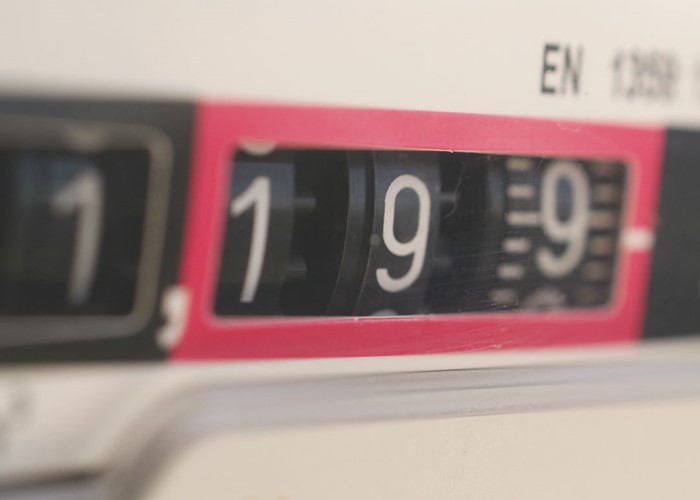Could an energy auction help you save £200?

Collective-buying scheme saves households £232 each
The Local Government Association (LGA) has released figures from its latest energy auction, claiming to have saved participants a total of £920,000. That works out at an average of £232 a household.
Sixty councils took part, with a total of 3,966 households switching suppliers.
How energy auctions work
The idea is that lots of people come together to negotiate collectively for their energy. The organiser of the auction can then go to the various energy firms and invite them to put together the best deal for the group. The idea is that this collective bargaining will mean everyone gets a better deal than if they shop for their energy alone.
The collective buying of energy first hit the headlines a couple of years ago when Which? launched its Big Switch initiative. Since then the collective-buying model has been adopted by a range of other companies and organisations.
The council initiative was launched by iChoosr, a switching collective behind schemes in Belgium and the Netherlands.
After residents sign up, iChoosr presents all of the registered households to energy providers who will compete for their custom.
Post-auction, it is entirely up to the customer whether to go for the winning tariff(s).
Find the right energy tariffs for you with lovemoney
Lower bills for pre-paid meter customers
Four tariffs have been created for households taking part in the scheme. People who have pre-paid meters, who tend to struggle to find competitive rates, will even benefit, with the LGA claiming they could stand to save an average of £112 through the auctions.
Find the right energy tariffs for you with lovemoney
Resistance
Many Brits are reluctant to change energy provider. In fact, we’re more likely to get divorced than we are to switch.
It’s the combination of hassle and tedium that puts customers off. Ofgem says that four out of five people don’t shop around, spending around £100 more a year on energy bills than they need to.
Unsurprisingly, figures show that only one in five British households is on the lowest possible energy tariff.
That said, there has been a recent surge in people switching from the ‘Big Six’ due to soaring prices. Two million have fled to smaller companies, hoping for lower prices and a better service.
So if you don't want to make use of collective switching, do your own homework and see how much you could save by switching. You can compare deals with lovemoney.com's utilities comparison centre.
More on energy:
Electricity bills to fall by average of £12
How gas and electricity bills are calculated
How to complain about your energy supplier
Energy companies criticised for not passing on wholesale price savings
Comments
Be the first to comment
Do you want to comment on this article? You need to be signed in for this feature